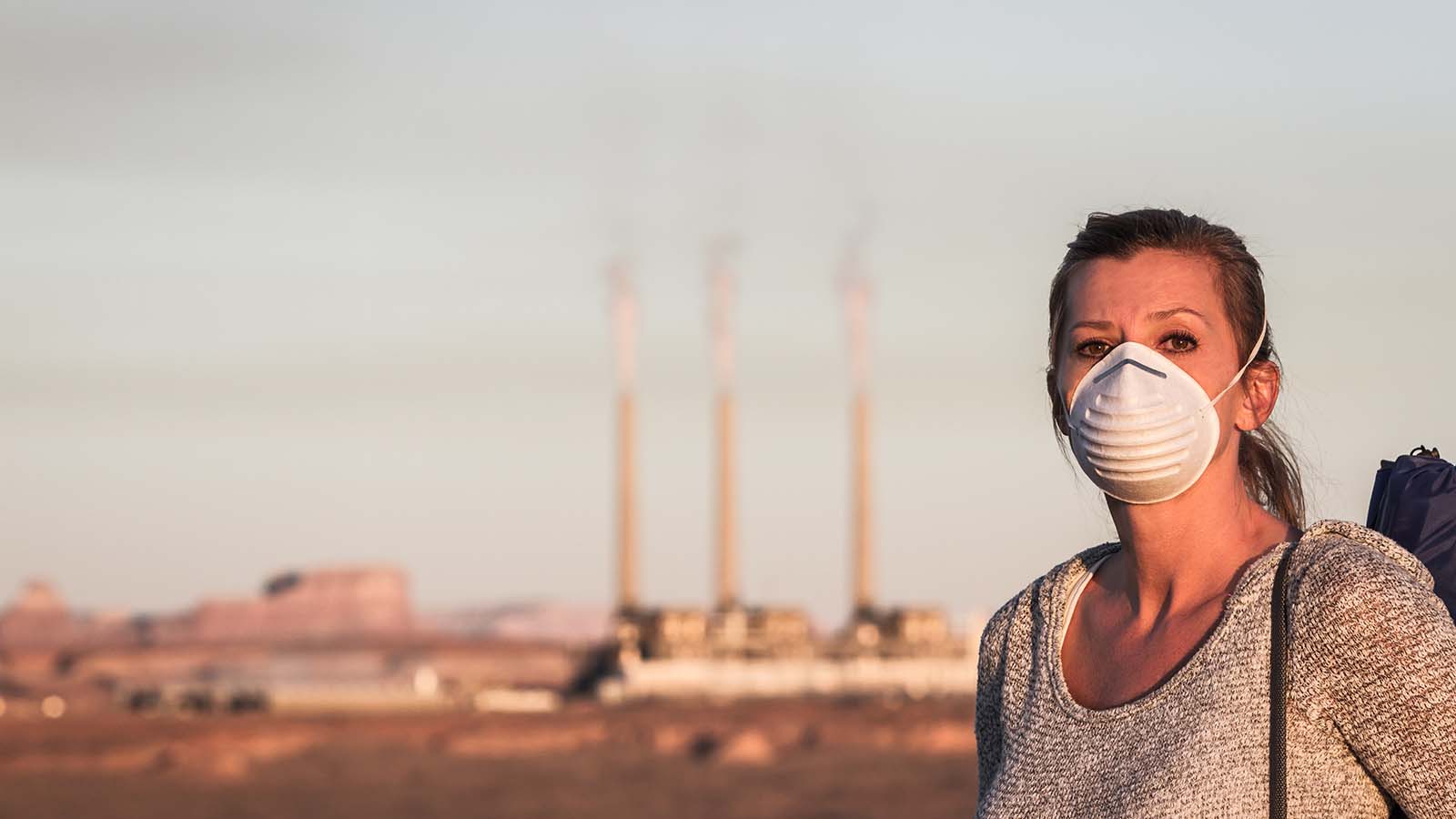
Report

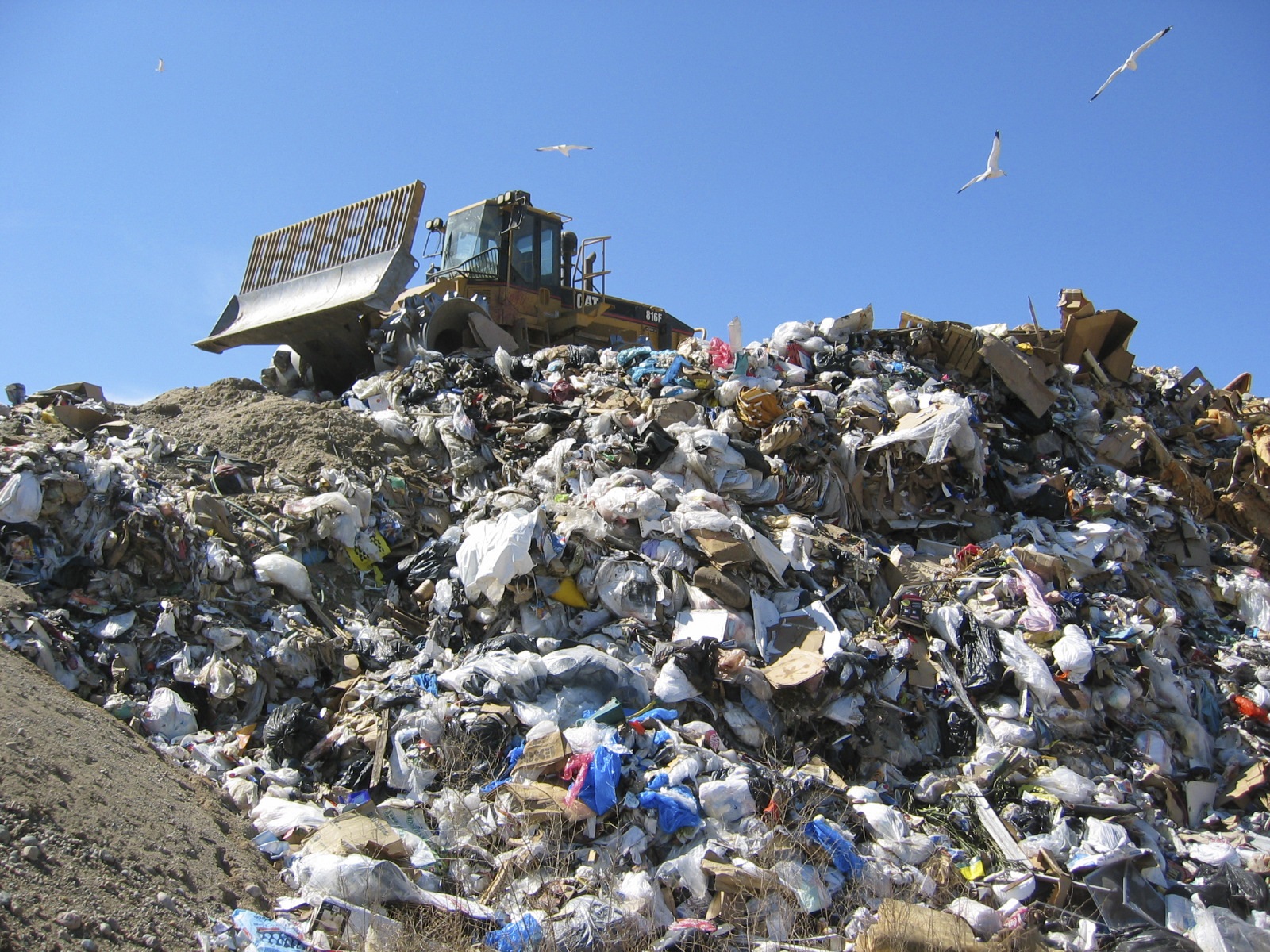
Trash in America
The United States produces too much waste. Natural resources are continually extracted to produce goods that are used in the U.S. — often only briefly — before they are thrown into landfills, incinerators or the natural environment. This system of consumption and disposal results in the waste of precious resources and in pollution that threatens our health, environment and the global climate. Because the costs of this system fall on society at large — not on the producers and consumers who drive it — there are few direct incentives for change.
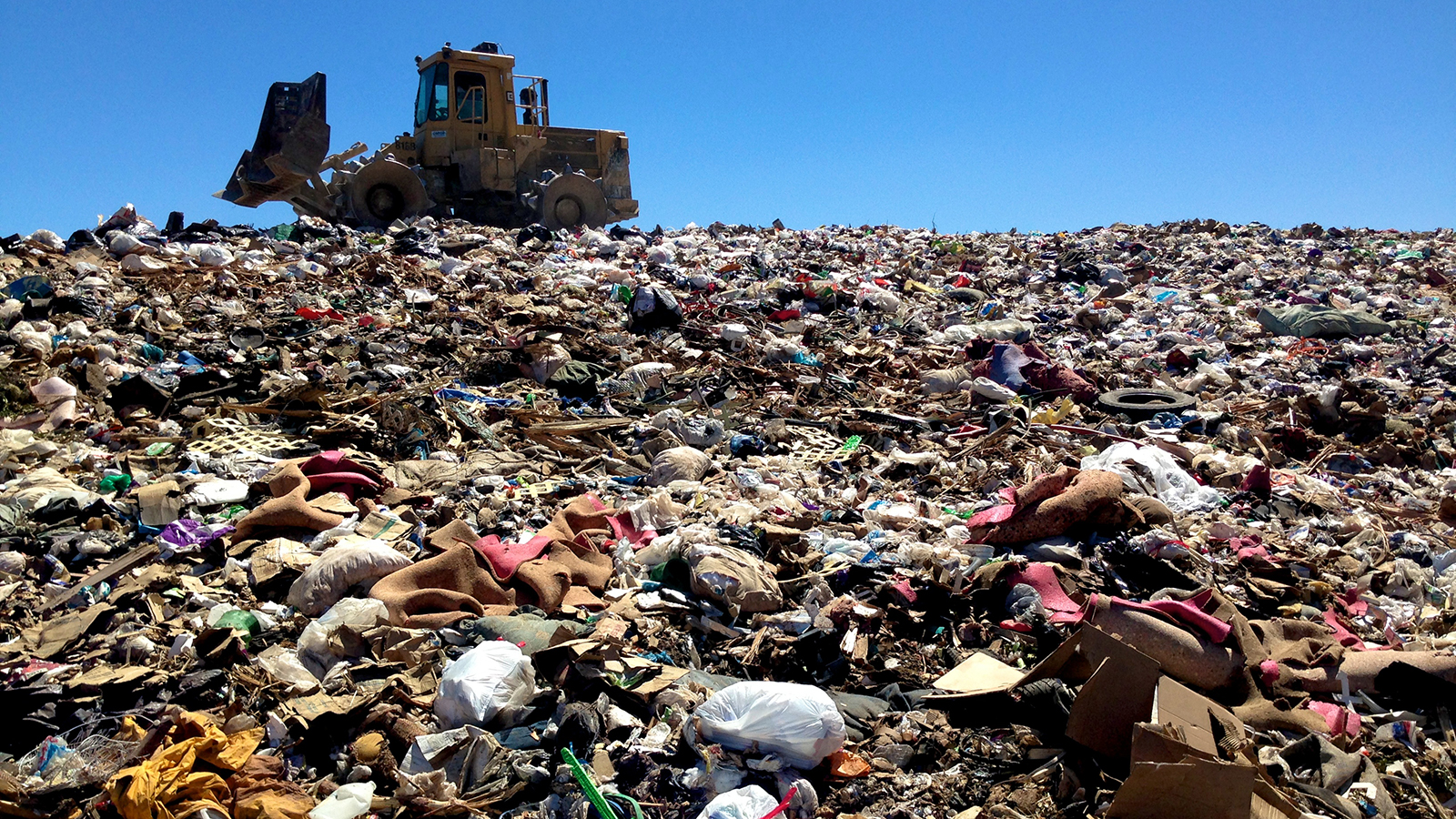
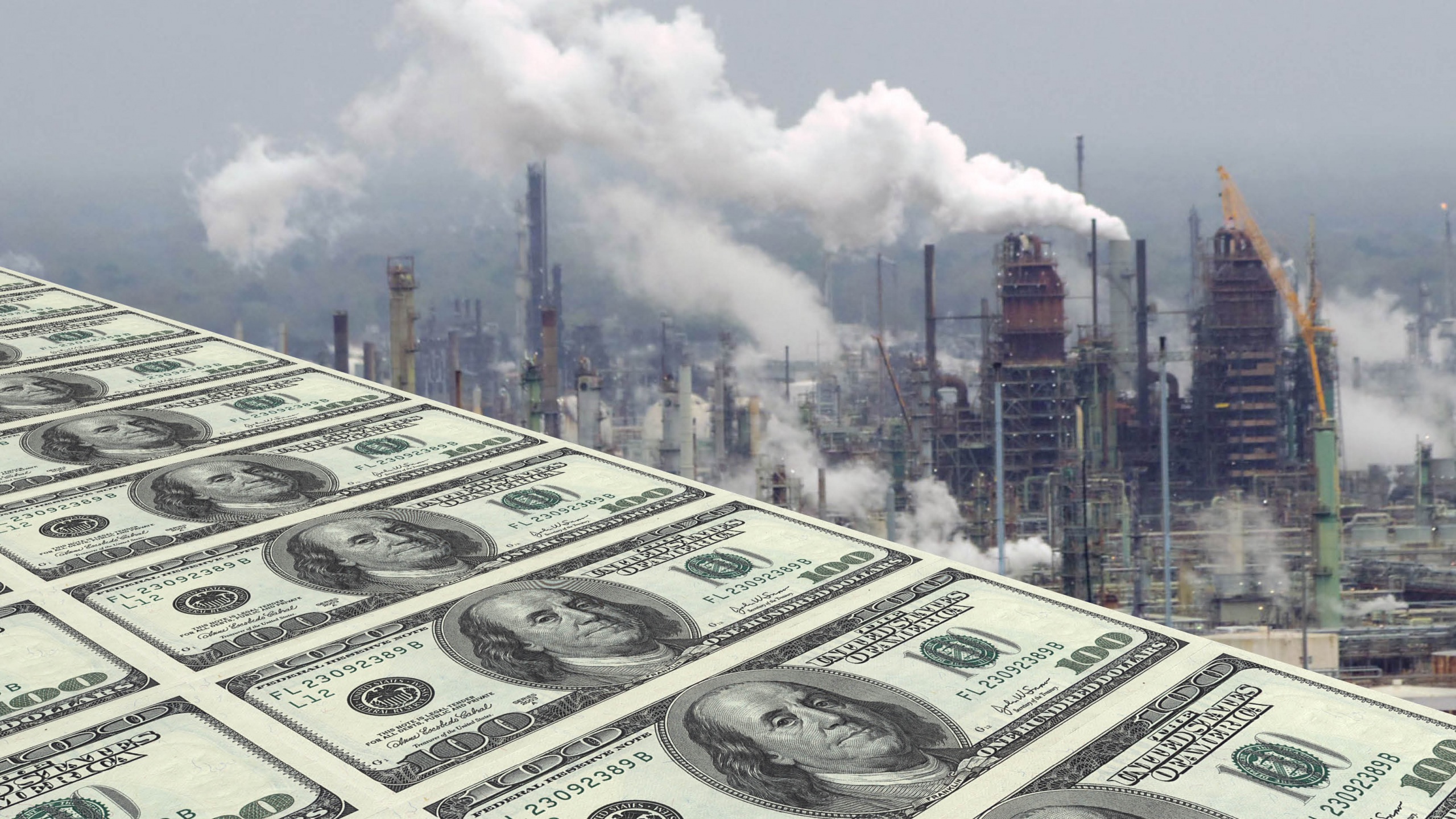
Green Scissors
Every year, the federal government spends billions of taxpayer dollars on wasteful and environmentally harmful programs that are polluting our air and water and driving the climate crisis. Green Scissors is the definitive guide to polluter welfare in the federal budget.
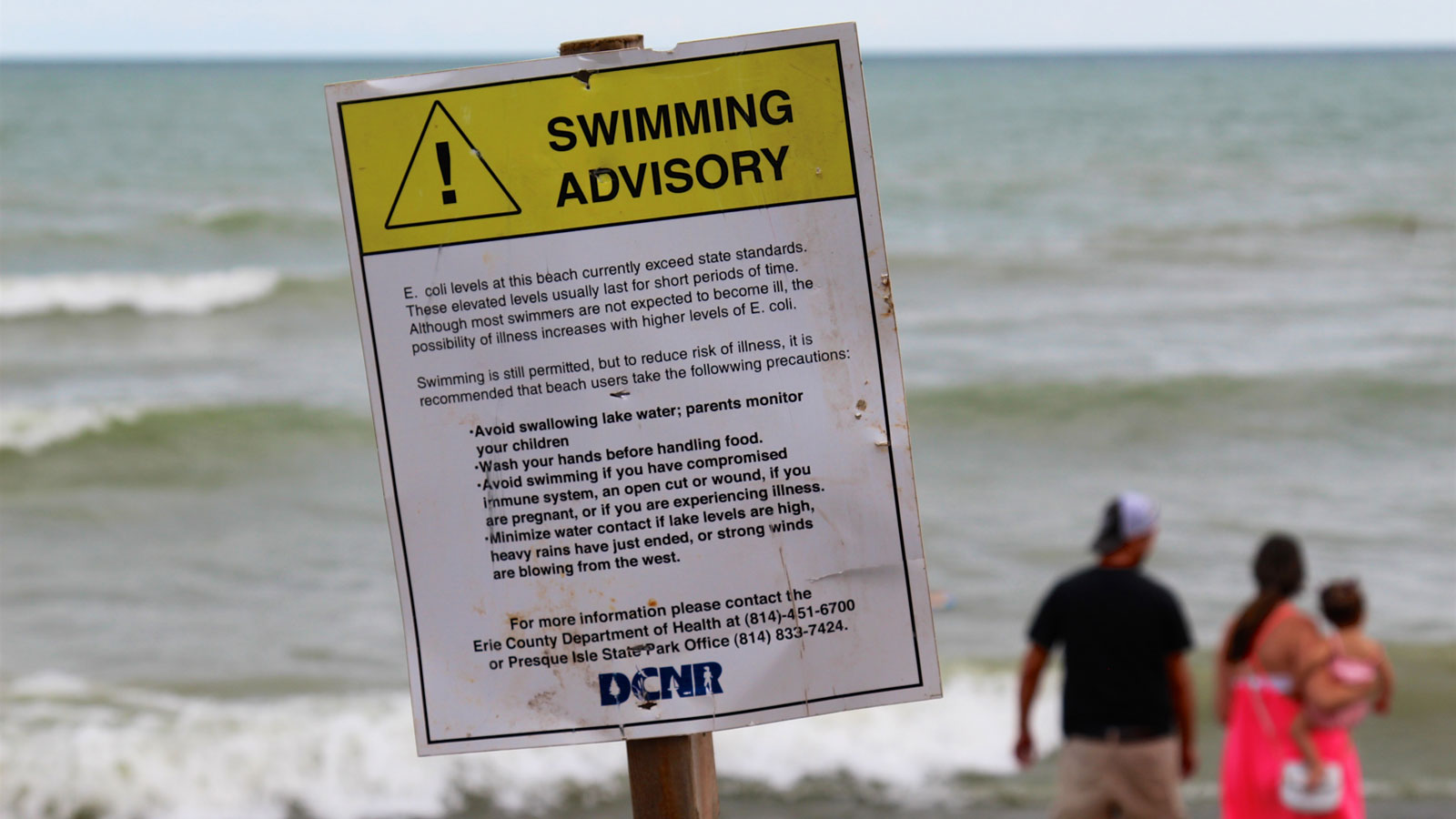

Blocking Rooftop Solar
The companies, lobbyists and front groups undermining local clean energy

Carbon Pricing 101
Global warming is the existential challenge of our time, threatening lives, livelihoods and the future of the planet. To avoid the worst impacts and preserve a livable planet for future generations, we need to reach net zero greenhouse gas emissions by 2050. Carbon pricing is a proven and effective way to help us meet that goal.
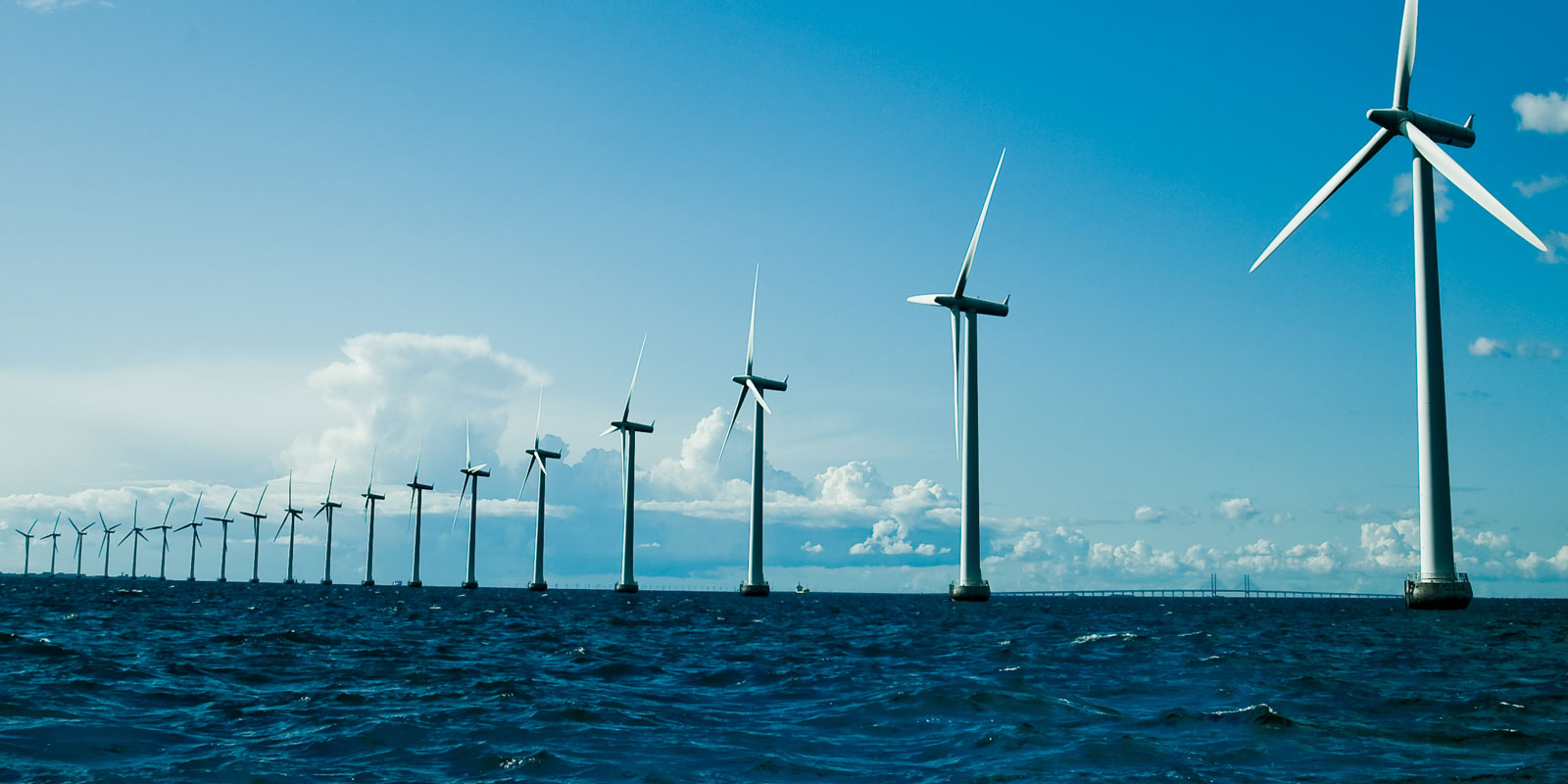
Offshore Wind for America
The United States currently relies heavily on fossil fuels to heat our homes, fuel our cars, power our machines and produce electricity, harming our health and our climate. America’s abundant renewable energy resources, coupled with energy efficiency measures and technological advances that have made renewable energy cheaper and better than ever, open the possibility of transitioning our entire economy to run on 100 percent renewable energy.
October 2020 Letter to Whole Foods
Today, we face a plastic pollution crisis that threatens wildlife, wild places, and the health and wellbeing of our communities. Whole Foods’ efforts to reduce its plastic footprint, which include recycling and lightweight plastic initiatives, must be expanded to remove single-use plastic items from its shelves.
March 2021 Coalition Letter to Whole Foods
On October 12th, 2020 a coalition of groups sent a letter urging Whole Foods to take bold action on reducing plastic waste. Now, an even larger number of groups are writing to reiterate the need for action and to demonstrate the breadth of support for Whole Foods to put Planet Over Plastic by eliminating all single-use plastic packaging from its stores.
